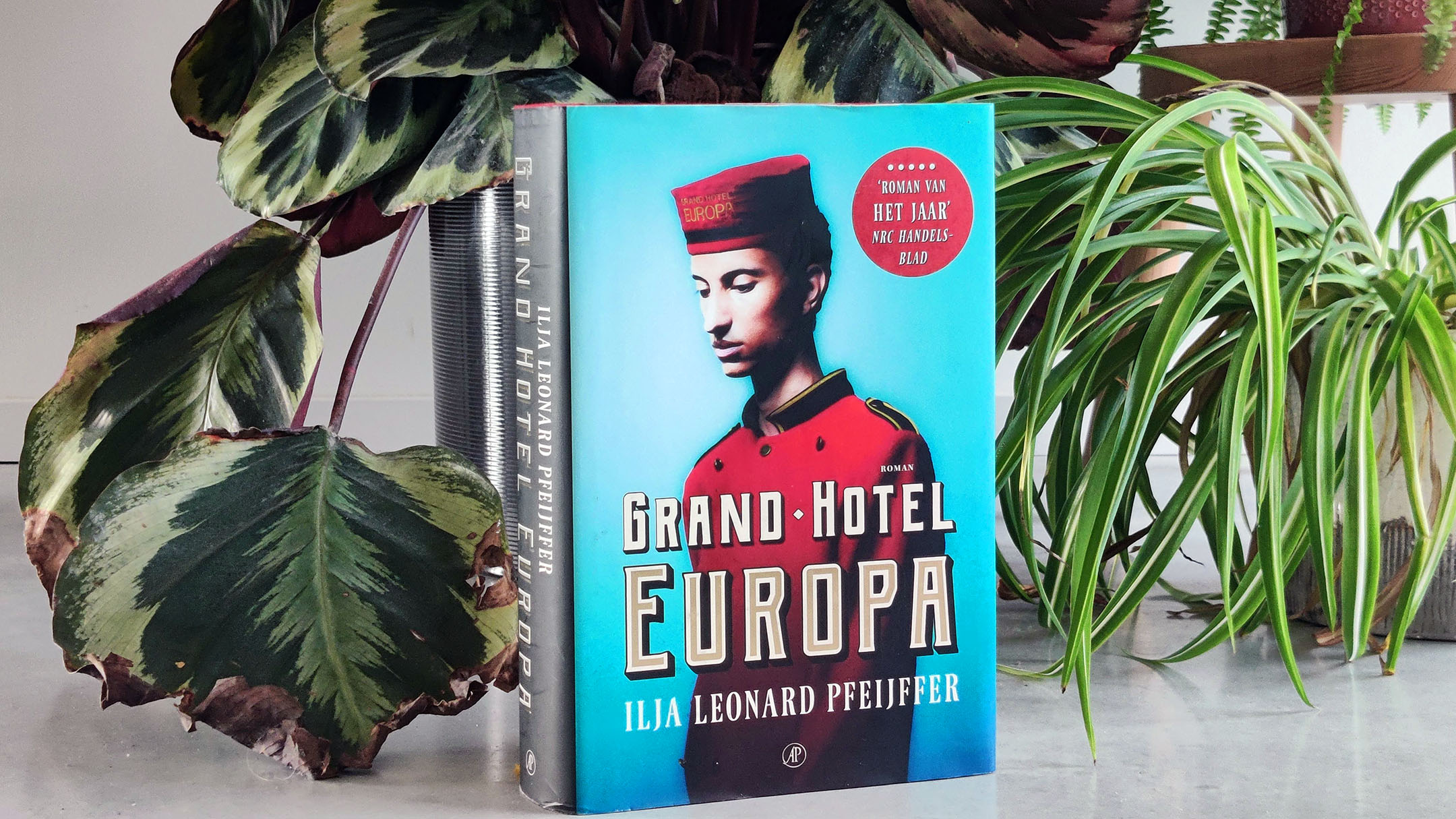Grand Hotel Europa by Ilja Leonard Pfeijffer is a literary masterpiece about a writer who shares the same name as the author, residing in the illustrious yet slowly decaying hotel Europa after a heart-wrenching break-up with the love of his life. By weaving the tale of the protagonist’s now-ended relationship with the events transpiring at the eponymous hotel, which he now temporarily calls home, Pfeijffer delivers a thought-provoking analysis on Europe’s past and future.
One of the most remarkable aspects of Grand Hotel Europa lies in the fact that its writer and the main character share the same name. Consequently, the novel blurs the lines between reality and fiction, providing ample opportunity to challenge the reader’s willing suspension of disbelief. Pfeijffer masterfully employs this technique on numerous occasions to address societal issues, such as migration and tourism, and their effect on Europe’s identity and future.
Moreover, the grand hotel itself serves as a metaphor for the old continent, hosting a cast of diverse nationalities and being subject to outside influences, including its new Chinese owner and a refugee porter. Additionally, the hotel becomes overrun by superficial Chinese tourists, and the main character, Ilja, comes into close contact with an American family that is all but oblivious of the rich European heritage. Meanwhile, the hotel’s permanent residents are steeped in European tradition, effectively illustrating how Europe’s identity is strongly rooted in nostalgia.
By far the most straightforward and thought-provoking part of the book on Europe’s identity and future can be found in the conversations between the protagonist and Patelski, an old scholar who permanently resides at the hotel. The two quickly find themselves in agreement, asserting that Europe is old and tired, having lost its drive for innovation. They fear a Venice-like scenario where tourism becomes the only revenue model, disrupting local communities and social cohesion.
But there may be a more fundamental problem underlying the issues you have noted surrounding the economical exploitation of tourism, and that’s the question of whether an alternative actually exists. Venice is a very obvious example of a city that has reluctantly let itself be taken over by tourists because there were no alternative economic models left to keep it afloat.
Protagonist Ilja to Patelksi
Despite addressing serious societal issues and questions, the author manages to infuse Grand Hotel Europa with a light touch too. The narrative alternates between serious topics and humorous and whimsical moments. For instance, Pfeijffer colourfully describes the different types of tourists in Venice, has prominent European museum directors put forward elitist solutions to reduce visitors, and embarks on a fantastical search for a lost Caravaggio painting with his partner and art expert, Clio.
Because of its multi-layered storytelling and therefore meaning, the richness and depth of Grand Hotel Europa may not be immediately apparent and mostly becomes clear toward the end of the book. Its conclusion evocatively ties together the various storylines and metaphors. As a result, the book’s strength lies in the enduring impact of Pfeijffer’s analysis of Europe and its nostalgic obsession, which lingers for a long time after finishing reading.

Leave a Reply